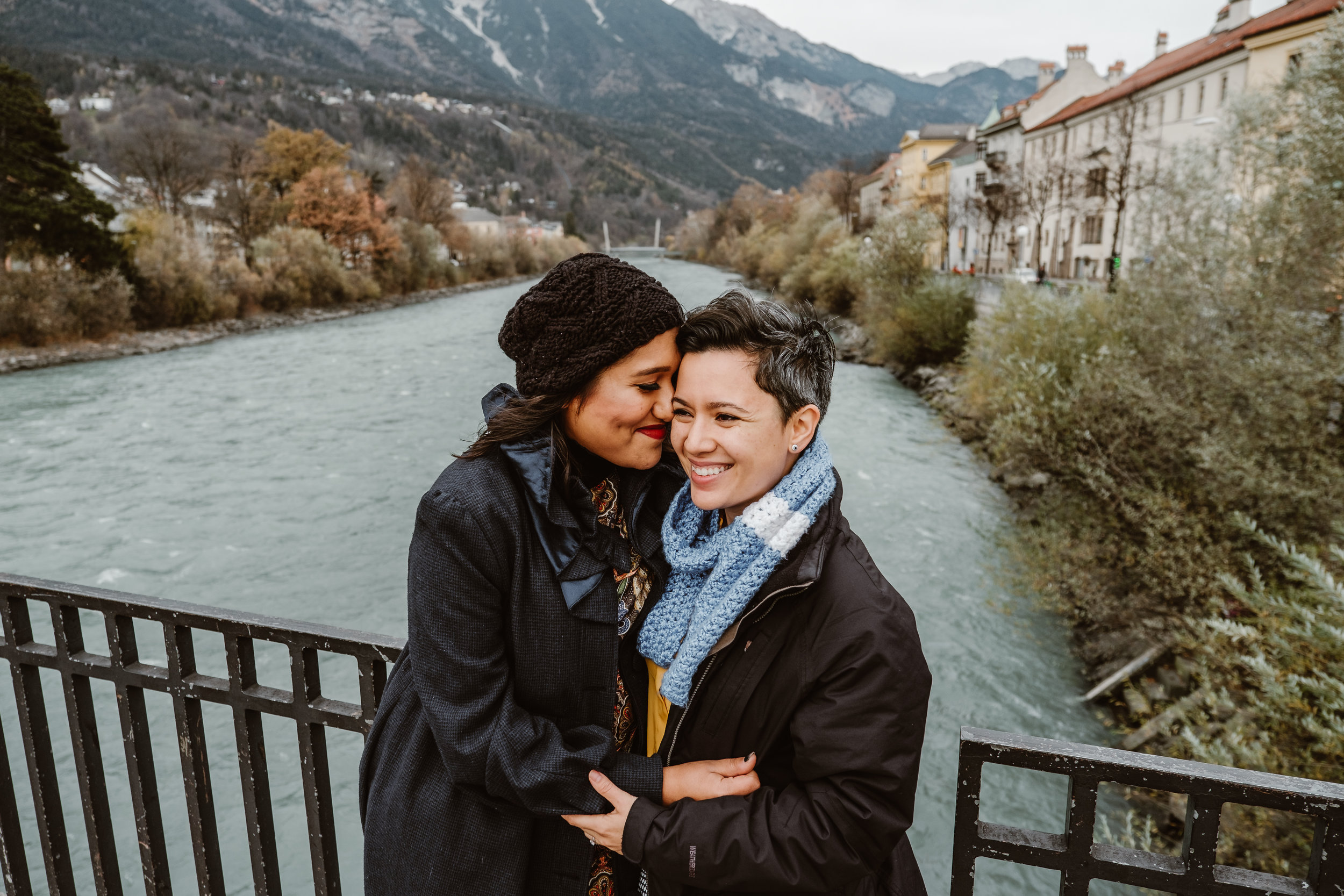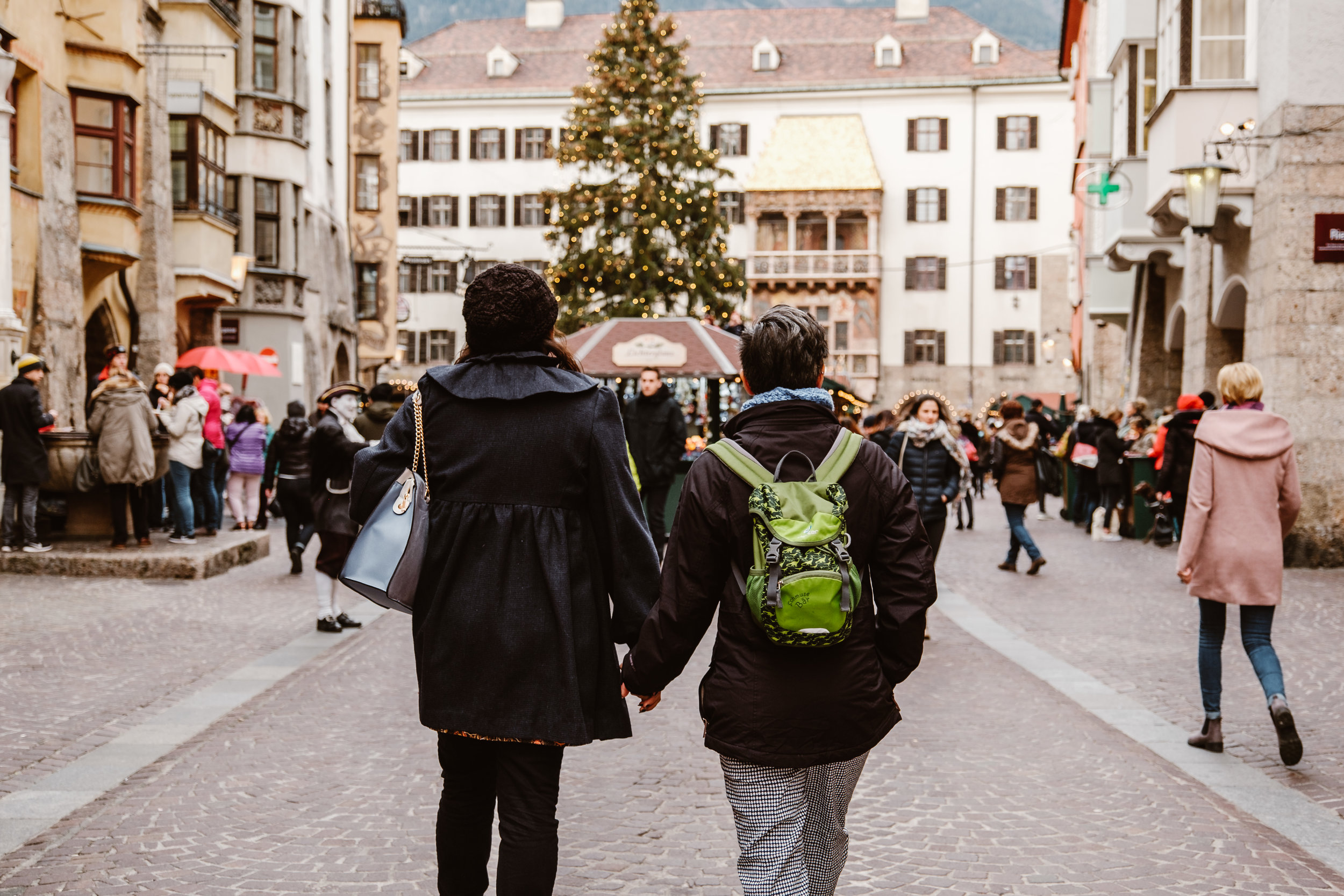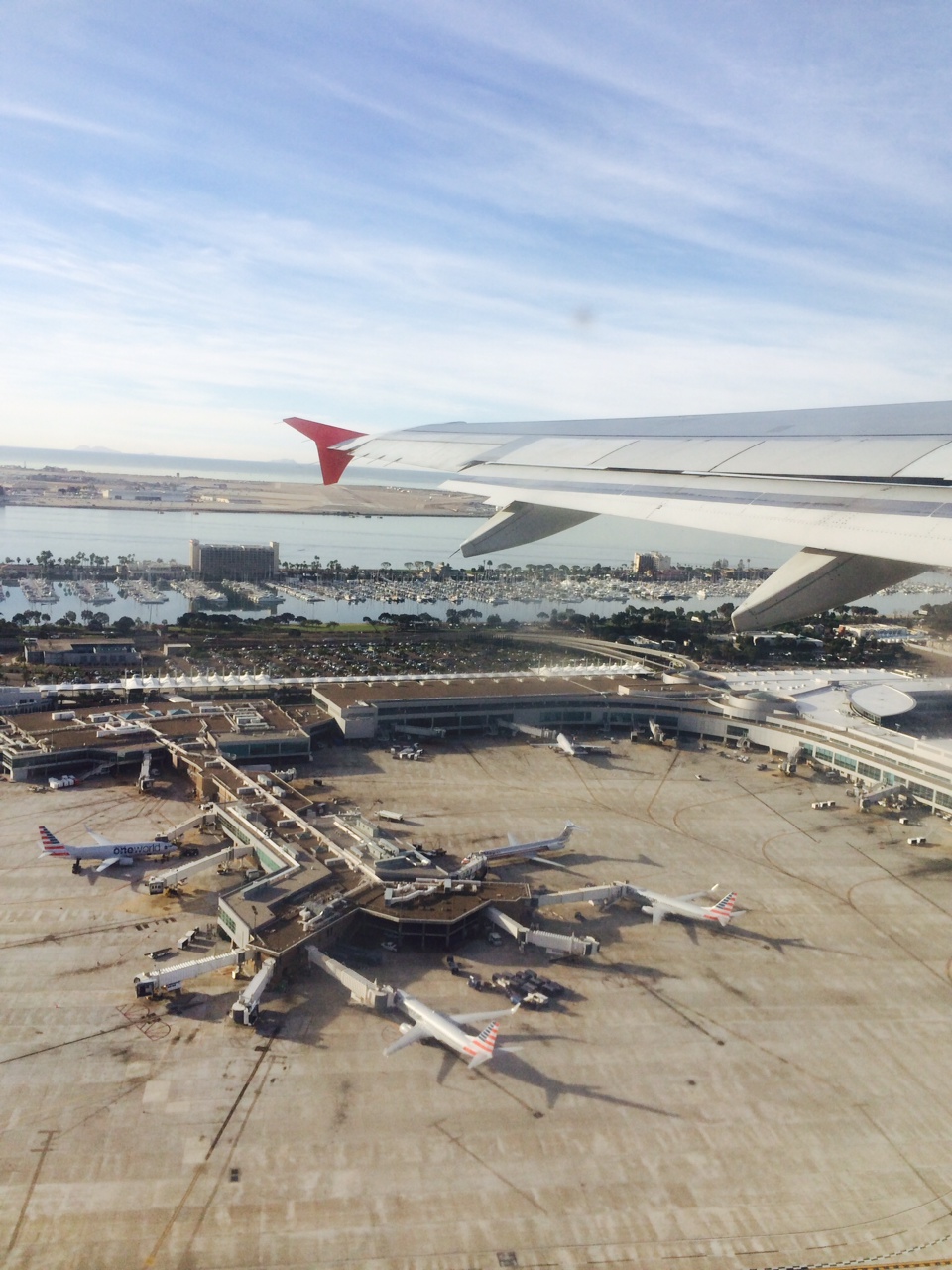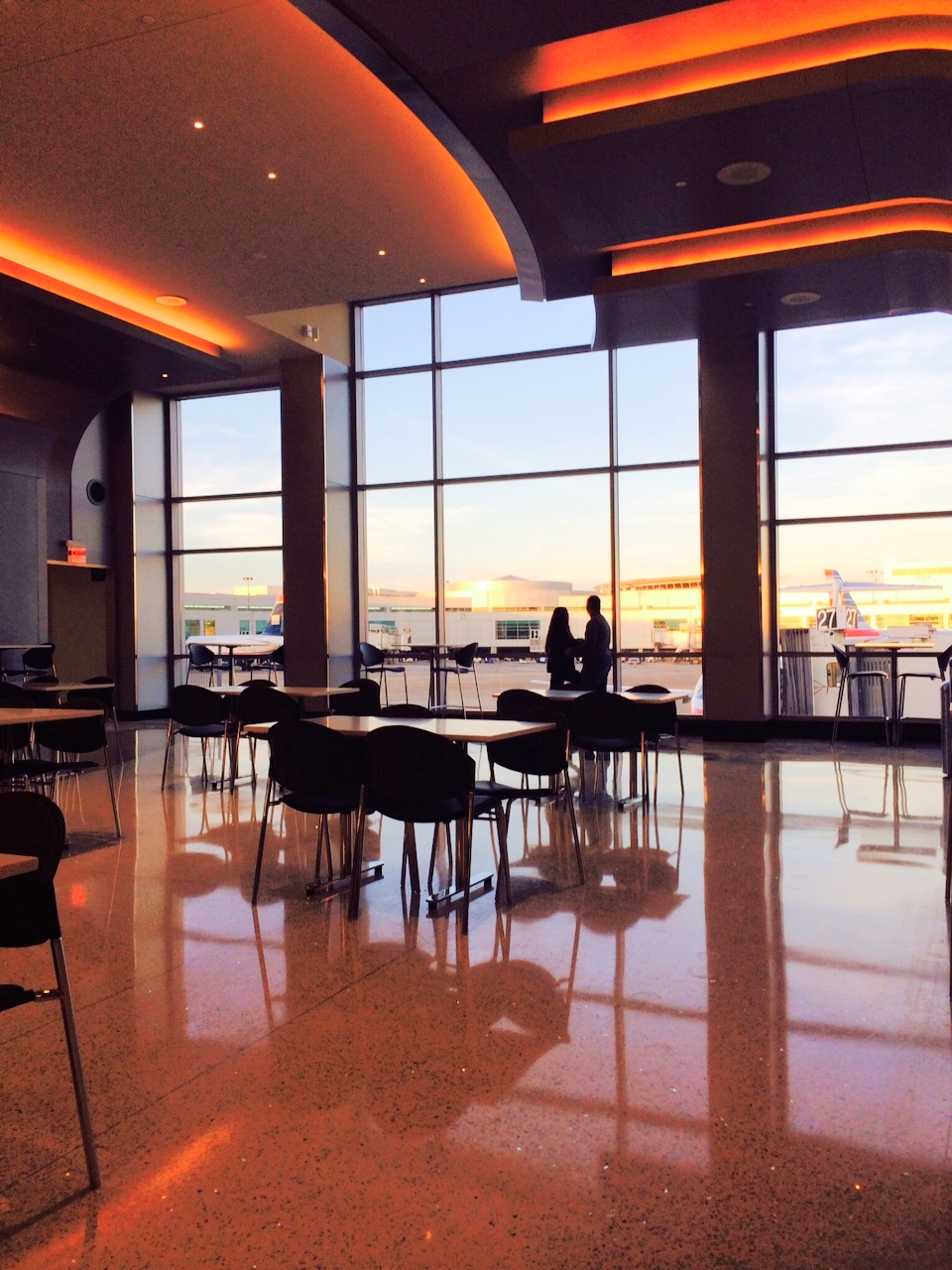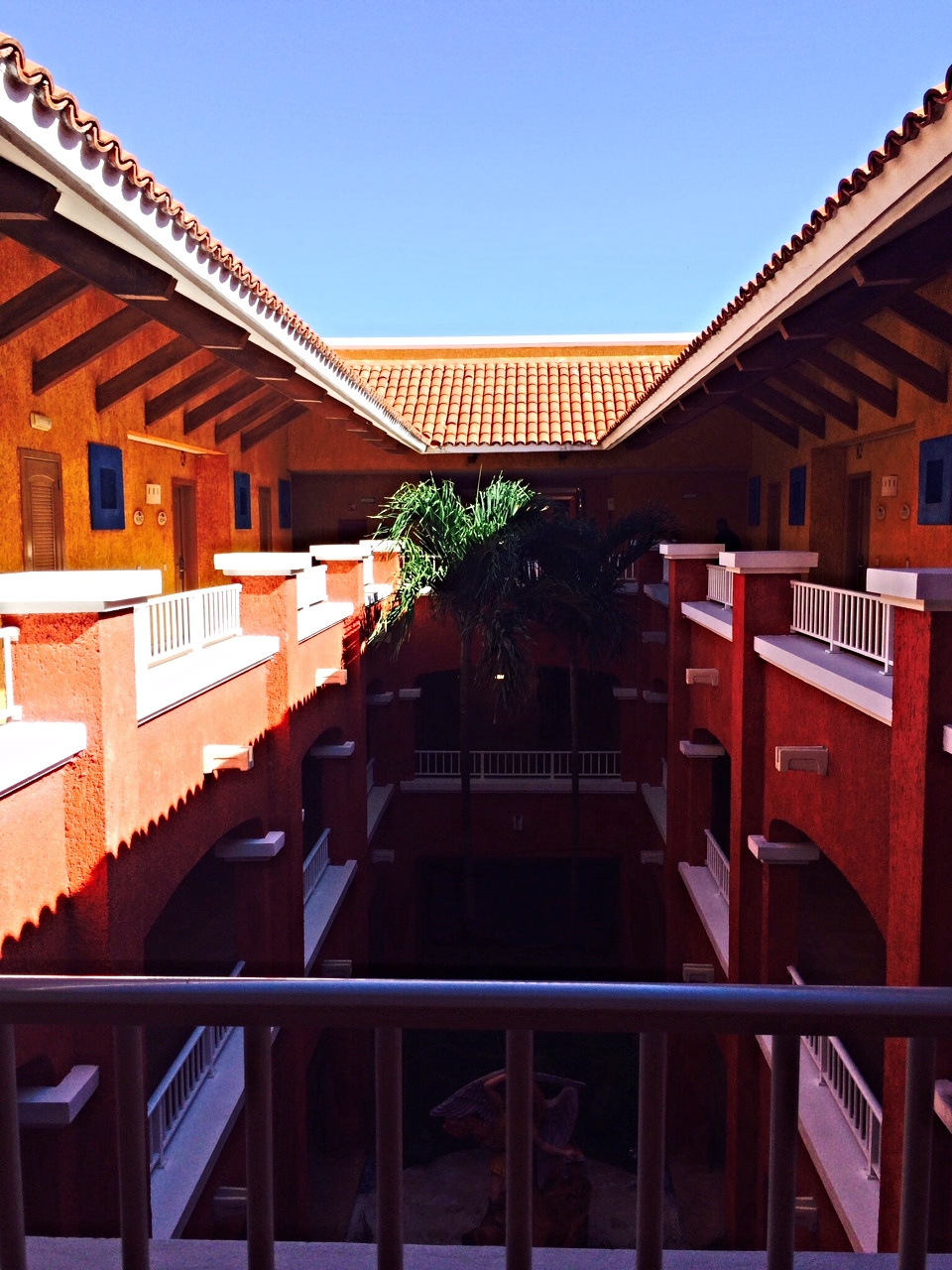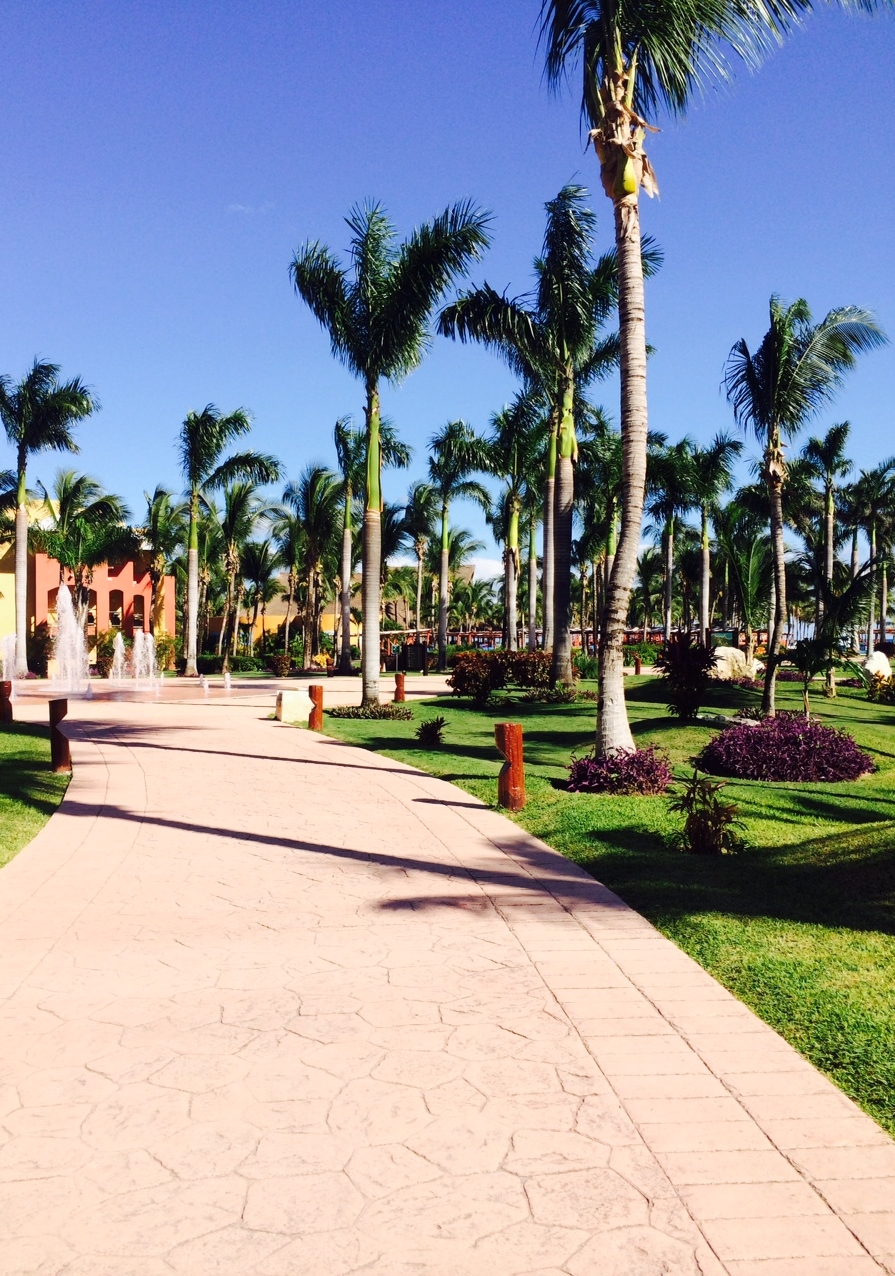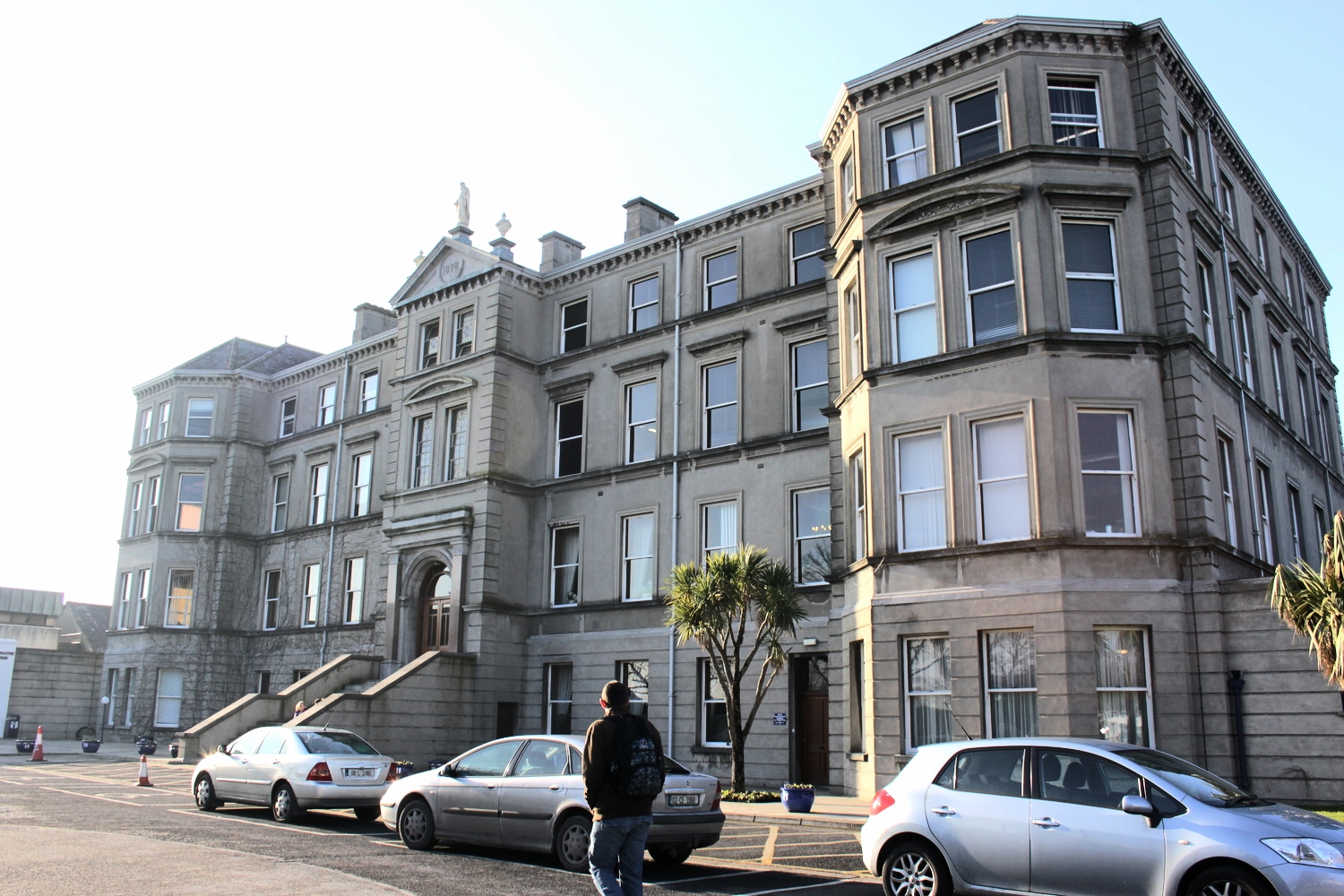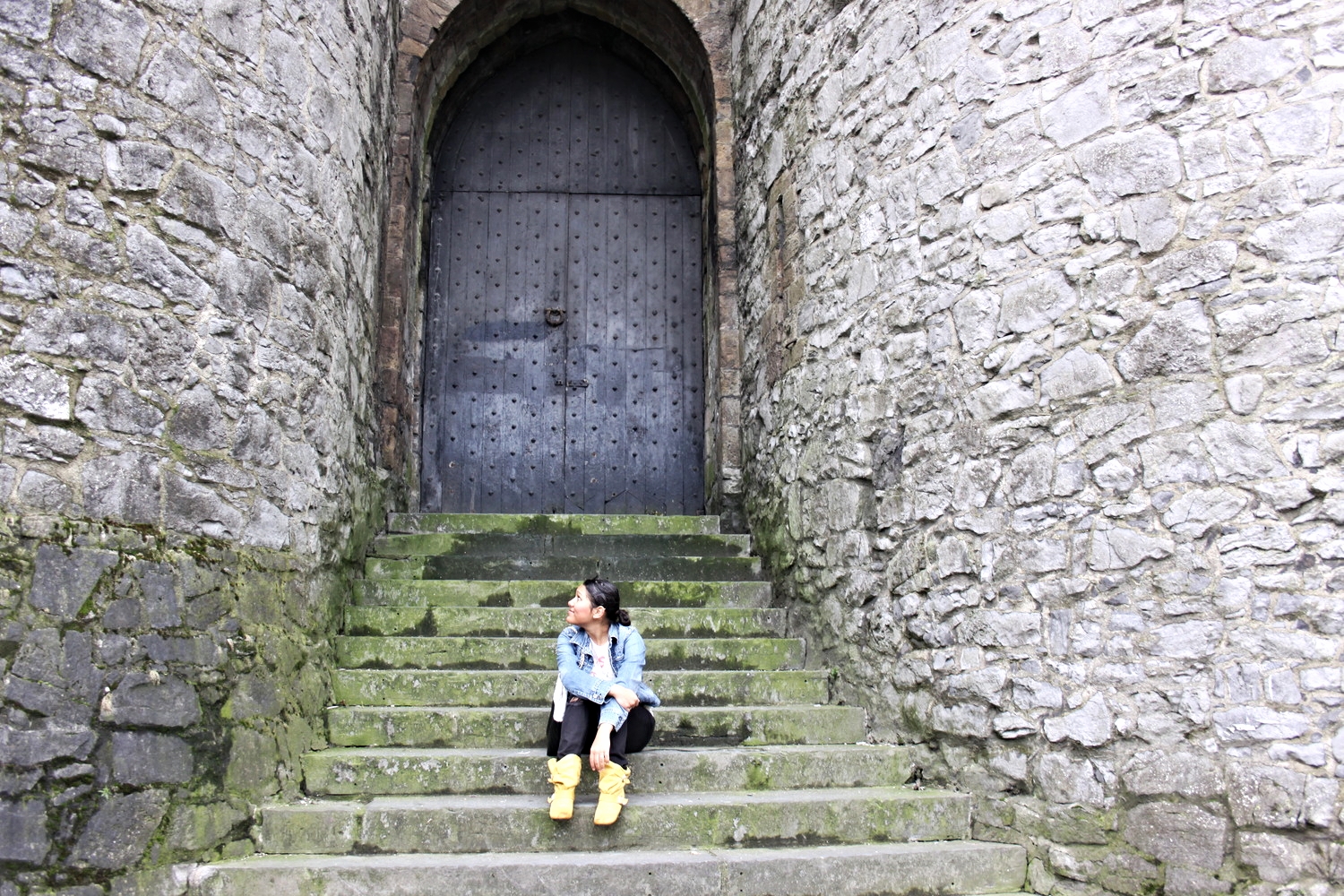Nadia and I had a chat last night after getting off a boat in Lake Atitlán. There were two Americans on our launcha, and they had been living in Guatemala for one month working remotely. They liked it so much that they planned to stay three more months. And, they were upset because they’d been charged the “gringo tax” on several boat rides during their stay.
The “gringo tax” is what you’re charged when you’re a foreigner. Even though boat rides across the lake are only $1, foreigners will often be charged $2 for the same ride. The same goes with artisan goods at the market, the first price they give you will always be higher than what they charge the locals. And this pisses some travelers off (usually Americans and Europeans).
To be clear, I also pay the “gringo tax”. My latinidad and my passing features do not get me anywhere here. I don’t speak fluent Spanish, I’m taller than most locals, and no matter what clothes I wear I will never fully blend in. I’m a foreigner. And I’m okay with that because I know in this context I have privilege. I also know that prices here are not based on what I can afford, but what the locals can afford. Charging $1 allows the locals to continue to have transportation to work and school, and the honest truth is, I can afford the extra dollar. Even though my wife lived on the lake for almost a year and knows the price of the boat ride is 10 quetzales, when they charge her 20 quetzales she never makes a fuss. She might give them an eyebrow to let them know that she realizes she’s being overcharged, but she pays anyway.
When we reached our hotel after the boat ride, we started talking about how sometimes Americans opt out of being a conscious traveler and understanding their place in a new country. The goal is to leave the smallest footprint possible and contribute as much as you can to the economy, and this will look different for everyone. And, I had to catch myself. Earlier that day I had gotten upset for a very similar reason.
In the afternoon we had traveled to San Antonio Polopó, a town near Panajachel, but much less saturated by tourists. In fact, when we arrived we were so taken aback by how peaceful and quiet it was compared to Pana. When we hopped off of the truck that brought us there, we were greeted by three locals asking if we had cash or if we needed help getting to the place where indigenous individuals made ceramics. Nadia had been there before and already knew how to get there. Despite this, one woman kept following us and continued to give directions.
At one point she mentioned she knew a “shortcut”. Nadia patiently reminded her that the ceramics were in the other direction and she continued along with us. I started to get frustrated. I motioned to Nadia to remind her that we already knew where we were going. Nadia said she would get a commission if she brought us there. So, Nadia continued a polite conversation in Spanish all the way until we reached the doorstep of our destination. The woman disappeared shortly after she had showed her face. Her job was done.
My wife’s patience is part of why I married her. Her extroversion also perfectly compliments my introversion. Her strengths fulfill the areas where I have room to grow. And, I had a lesson to learn from her. My annoyance in San Antonio really did quite parallel the judgement I had placed upon the Americans who didn’t want to pay the “gringo tax”.
During our conversation, Nadia shared that it’s important to remember a few things.
The actions locals take with tourists often don’t derive from a place of harm, but rather out of necessity. They need to survive, and pathways are few for a portion of the population.
I was in Guatemala and I had to play by their rules. This meant just because something made me uncomfortable doesn’t mean I had the right to dictate how Guatemalans run their businesses.
We are privileged in this context and it is our duty to contribute to the economy. Our rule of thumb as we have traveled is that we are not going to complain about a few extra dollars in charges. If someone genuinely tries to take a large sum of money unfairly, of course we would walk. But it’s just not worth it to argue over a dollar.
Now, it is important to note that in all countries across the world there are people who exist that genuinely want to harm or steal from us. We have to be vigilant and safe as we move about spaces, especially if we aren’t familiar with the area or customs. We are not naïve to the fact that people with bad intentions do exist. But we constantly ask, what is the intention of the behavior and are we actively being harmed? Charging an extra dollar for a boat ride just doesn’t meet the qualifications. And in my lesson, neither does a local trying to get a little commission off of our visit.
I have carried this practice into other areas based on what I know I can afford. At markets, I don’t try to bargain as often, even if I know I’m being “overcharged”. In the past we’ve been able to purchase huipils (an embroidered Latin American shirt) for as low as $8 in Mexico and Guatemala. We’ve also seen Americans buy them and turn around and sell them for sometimes over $100. Yet, the artisan only gets that $8.
For this reason, we try our hardest to pay what artisans ask because we know their craft is worth more. Anyone who can hand-stitch the beautiful artwork we’ve seen could easily make 3 or 4 times the cost of what they sell their items for in Guatemala if they were sold in America. So, if they ask $20 for a shirt that I know is worth $80+, I just pay the asking price, no haggling necessary. The process of helping these artisans to receive the actual pay they deserve would require a community effort and systemic change. I contemplate daily where I fit into this change, but the least I can do in the moment is pay the asking price, even if it’s a “gringo price”.
As we work to become conscious travelers, I have to ask myself, is paying the “gringo tax” such a bad thing in the grand scheme of our experience? Are Guatemalans taking advantage of me, or is it just a cheeky way to get the extra dollars they need to live? If so, I think it’s easier to hand over the quetzales and move along. After all, in most cases, it only helps to stimulate the economy. As a Latina, I am continually humbled by the evolution of how I view myself and my identity, which consistently changes with context. I am constantly working to view my travels as an honor and make an effort to reduce my entitlement as much as I can. And so, I push myself to sit in the discomfort. The boat ride is just as magical whether it’s 10 quetzales or 20.












